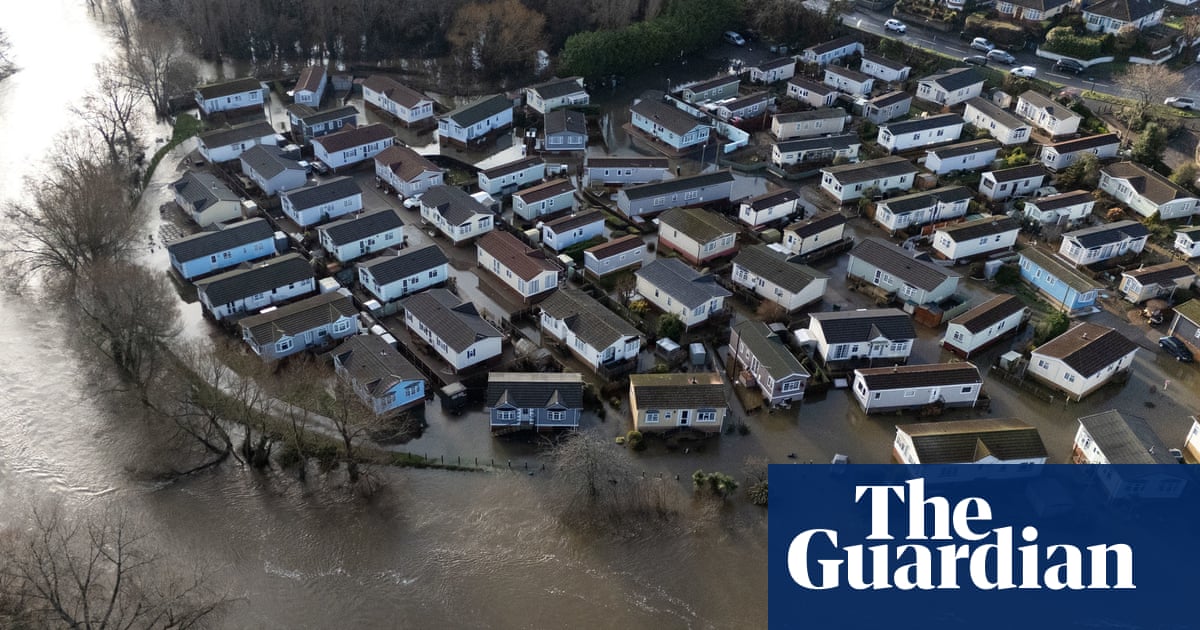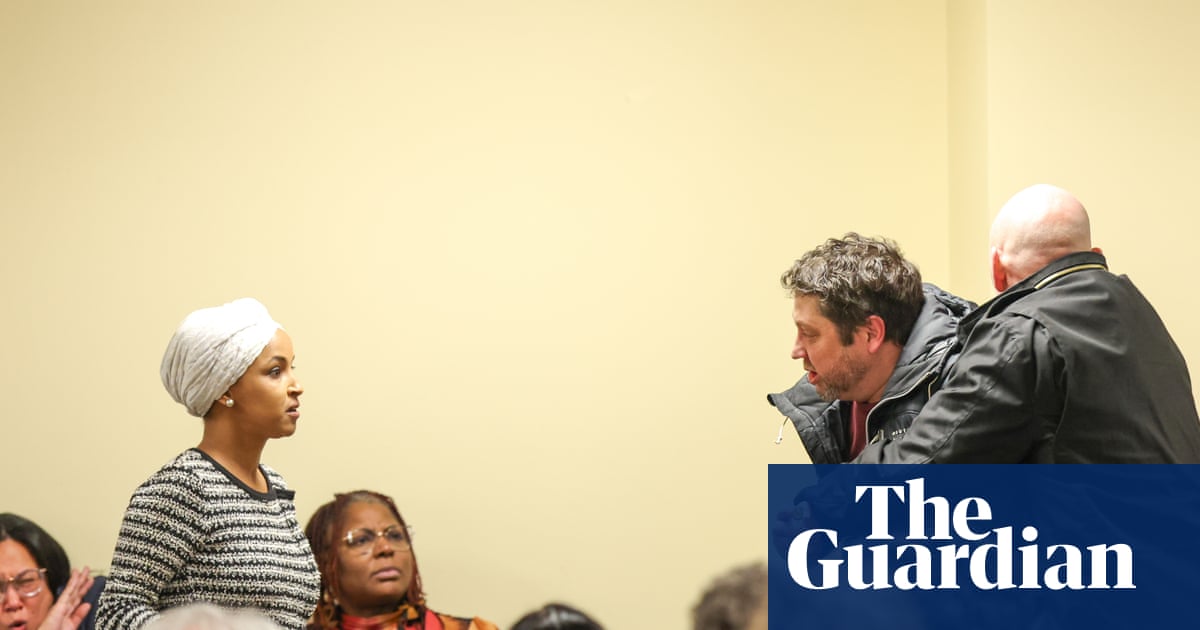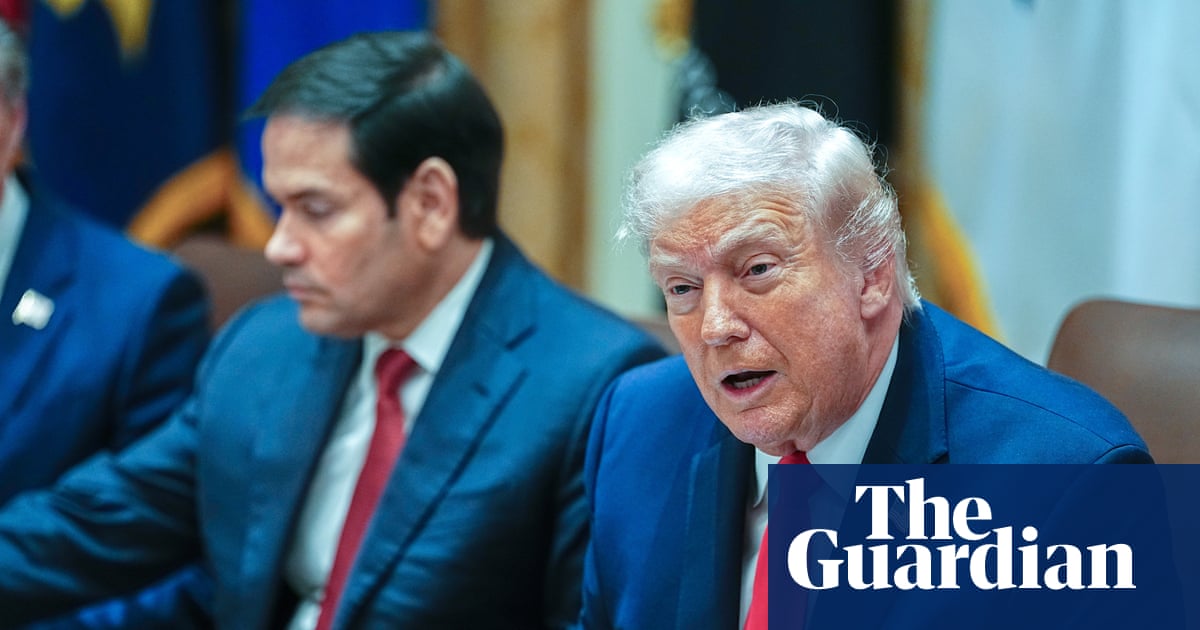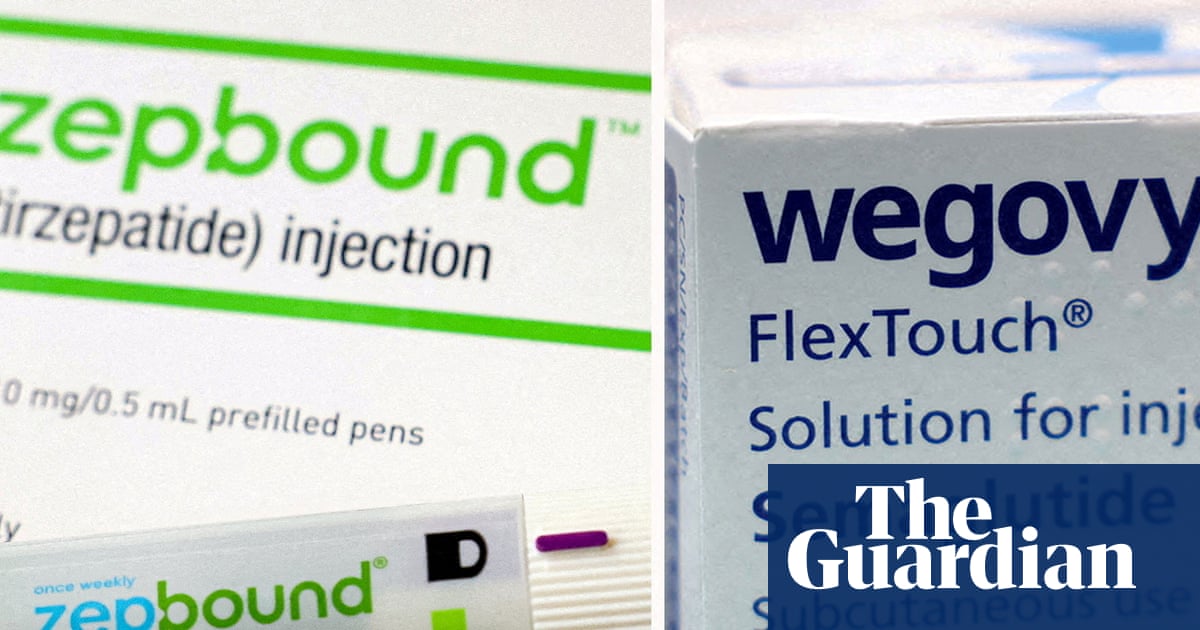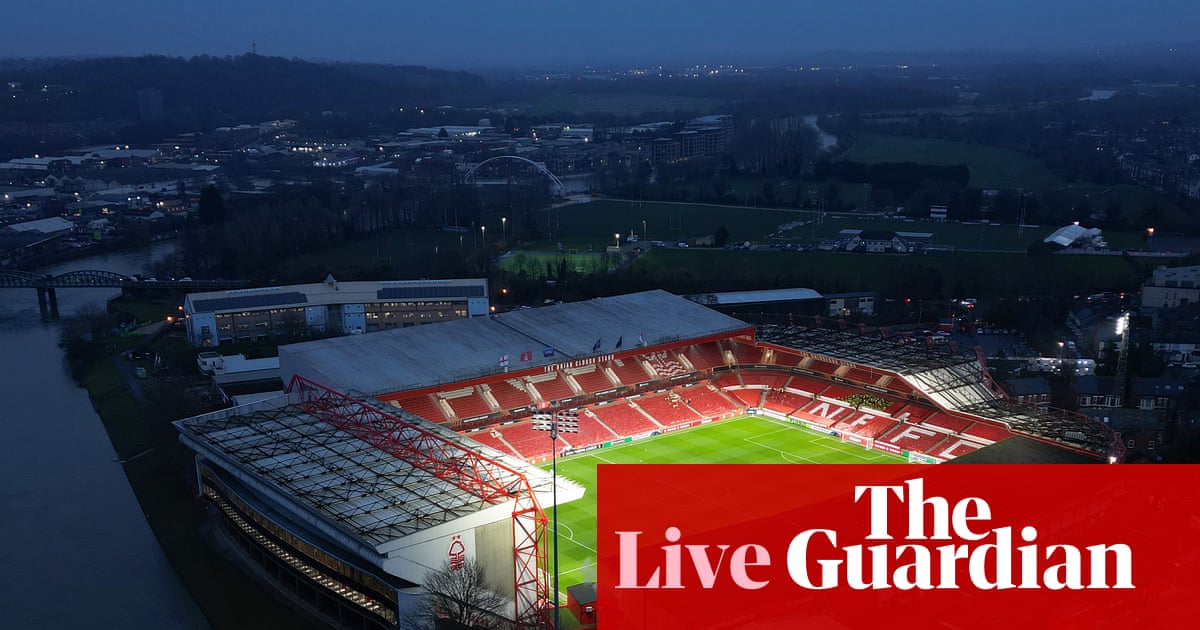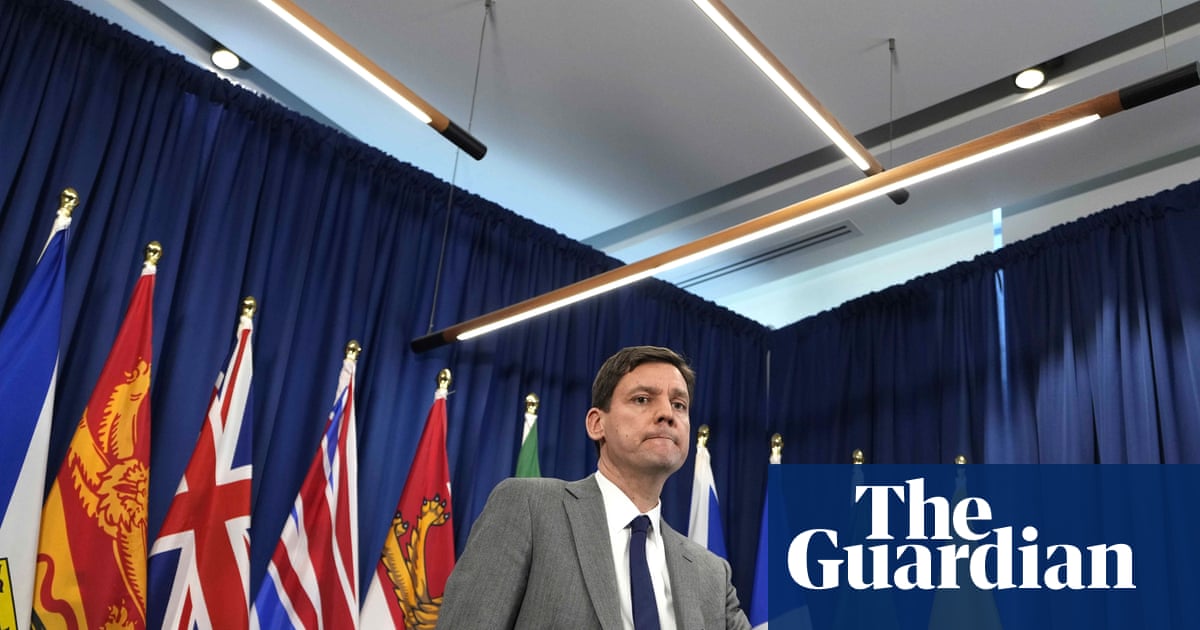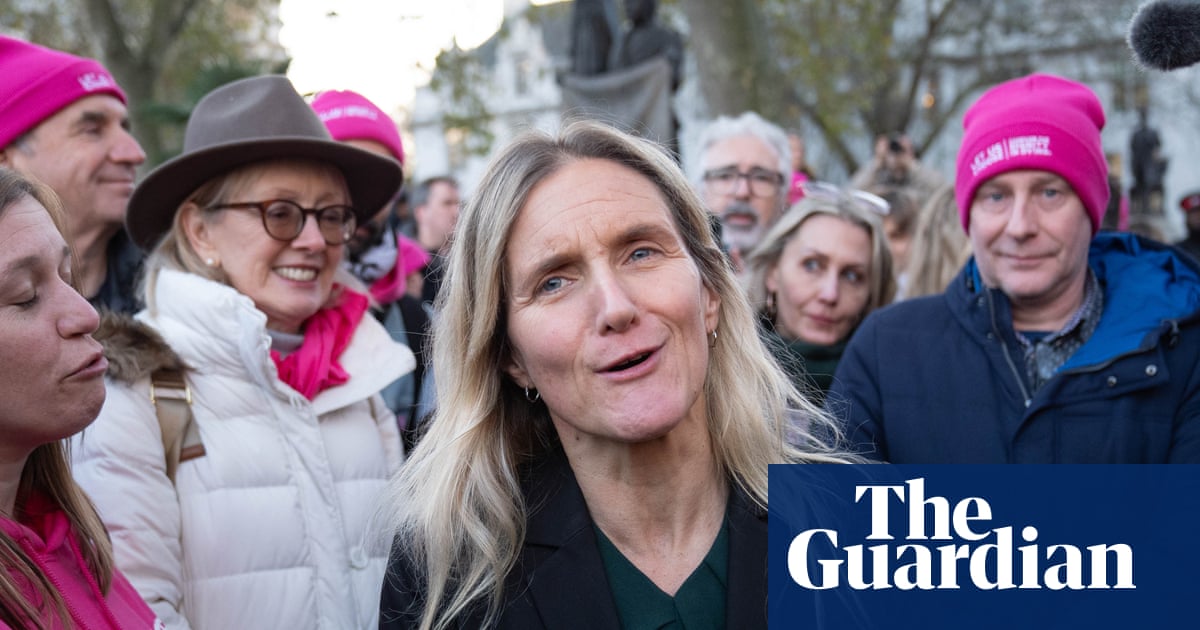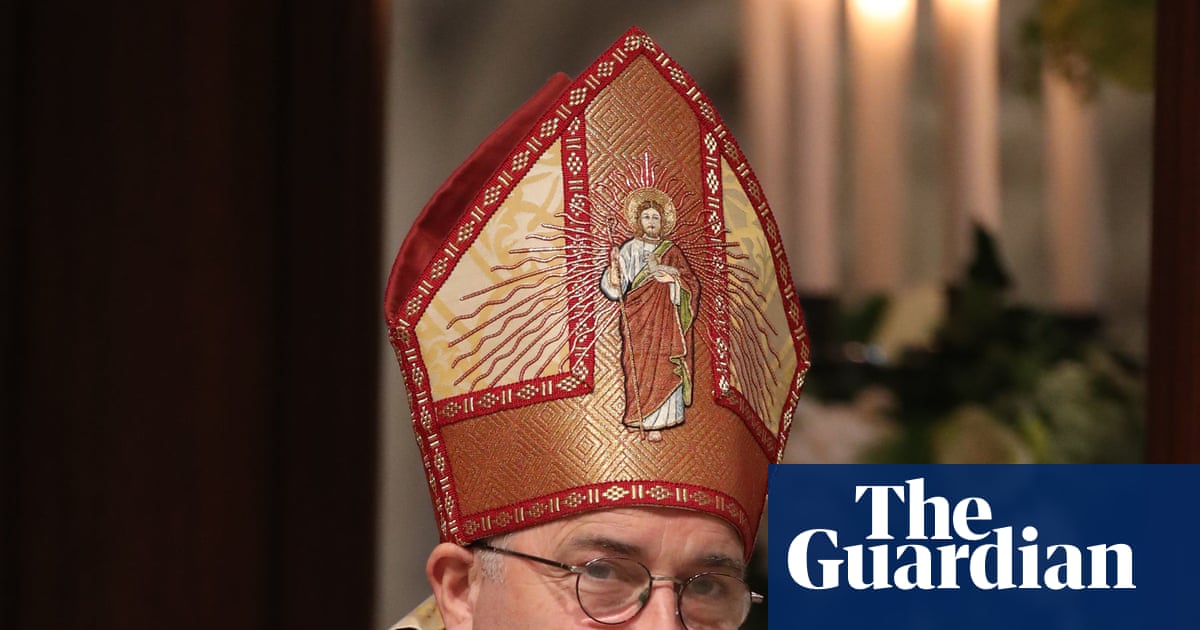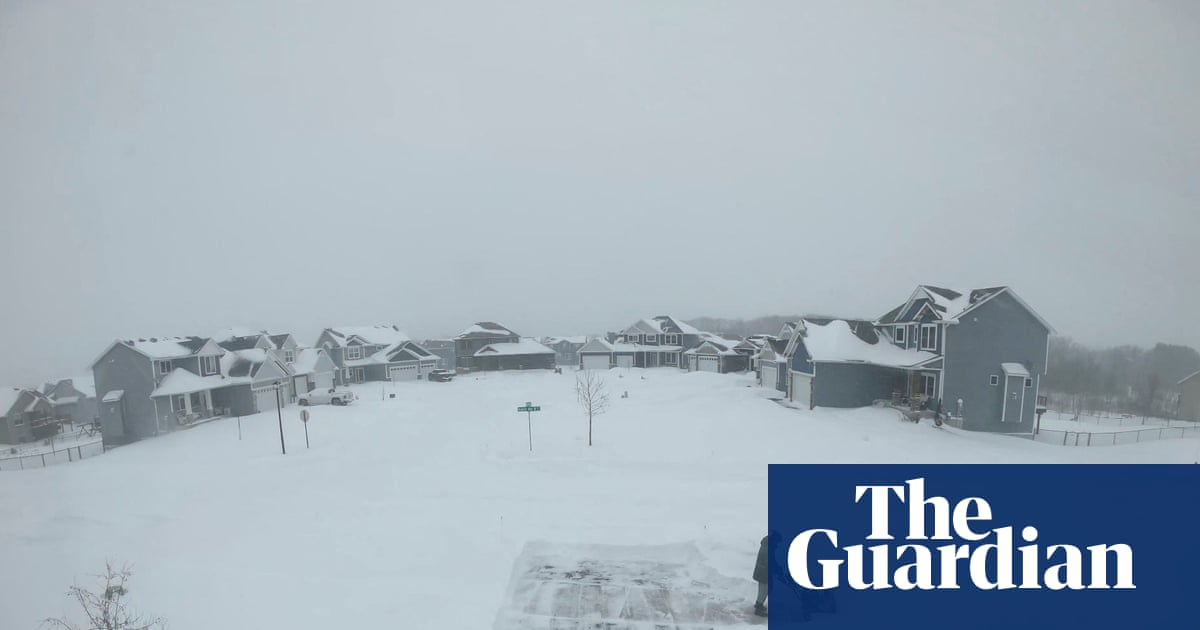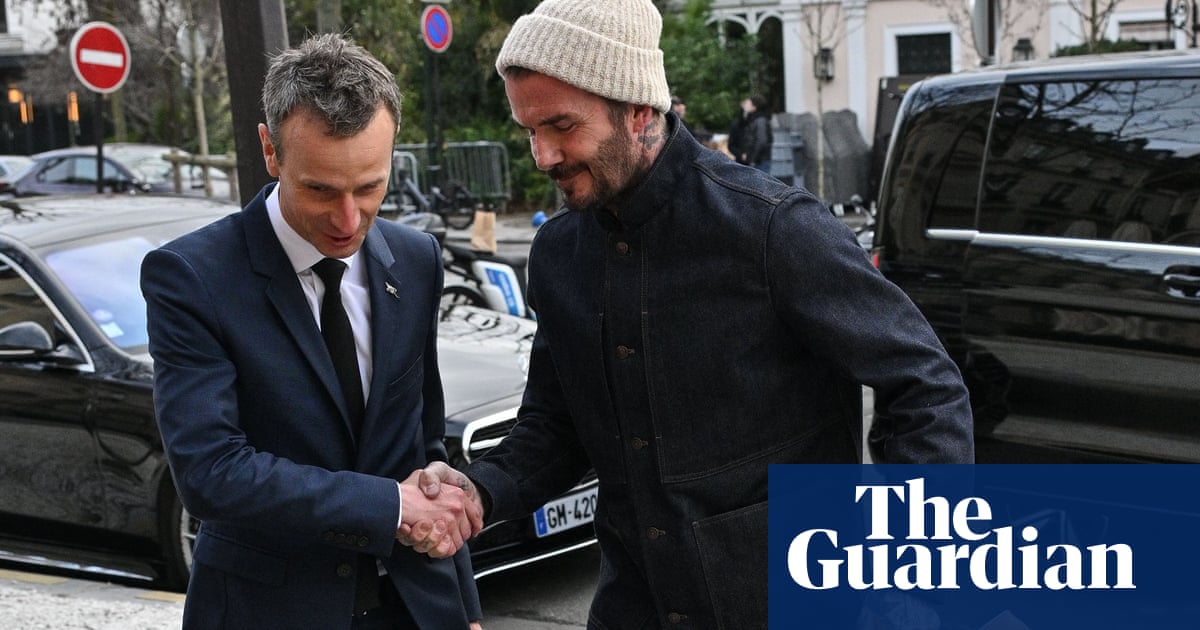To confront Donald Trump is to engage in asymmetric warfare. It is to enter a battlefield that is not level, where he enjoys an immediate and in-built advantage over those who would oppose him or merely hold him to account. That fact has cost Democrats dearly over the past decade – exacting a toll again this very week – but it has now upended an institution central to Britain’s national life: namely, the BBC.
The key asymmetry can be spelled out simply. Trump pays little or no regard to the conventional bounds of truth or honesty. His documented tally of false or misleading statements runs into the tens of thousands: the Washington Post registered 30,573 such statements during Trump’s first term in the White House, an average of 21 a day. In a single interview with CBS’s 60 Minutes earlier this month, Trump spoke falsely 18 times, according to CNN.
To hold him to account for this dishonesty is to cast yourself as an arbiter of truth, which creates the instant and obvious expectation that you yourself must be truthful. Here, then, is the asymmetry: he can lie, but his critics cannot.
So he can continue to tell the big lie, claiming against all evidence that he won the 2020 election, and myriad smaller lies – he told 60 Minutes that grocery prices “are down” when they are up and that Joe Biden gave Ukraine $350bn in aid when the real figure is well under half that – and, save for a few tireless factcheckers, no one cares. The response is a collective shrug, because it’s Donald Trump. No one expects any better.
The opposite is true of his scrutineers. They have to be fastidious, their evidence impeccable. So when the BBC’s Panorama programme examined Trump’s record ahead of the 2024 election, it had to be right on every detail. As we now know, and for which the BBC has apologised, it was not: it stitched together two statements, made 54 minutes apart, from Trump’s speech ahead of the Capitol Hill riot of 6 January 2021 to create a single, seamless call for violence.
There’s no defence to be made of that. No journalist would argue for the right to be as dishonest as Trump is allowed to be, even though misquoting and manipulating the words of others is a Trump specialism. That path is closed to those who want to criticise Trump for his untruthfulness.
Nor will it do to make the move some have attempted in defence of Panorama, arguing that the programme’s broad thrust was right, even if that specific edit was not. It’s quite true that plenty of 6 January rioters testified that they believed they were doing Trump’s bidding. It’s also true that Trump was impeached, even if eventually acquitted, for his role in inciting those events. But those facts cannot justify a deceptive edit. To say otherwise is to engage in what the US comedian Stephen Colbert famously called “truthiness”, substituting what feels to be true, or what we might want to be true, for what is actually true.
What’s at stake here is not only intellectual and journalistic integrity. It’s also that any slip is a gift to Trump and a setback to what, portentously, we might call the cause of truth – not in some high-blown, abstract sense, but very practically. Note the White House press secretary’s denunciation of the BBC as “100% fake news” and a “propaganda machine”. Mark those words, because they will be used again. Next time the BBC accurately exposes a Trump misdeed, or even asks a tough question, he and his allies will recall the Panorama edit and insist that whatever the BBC says can be safely ignored.
It’s for this reason that it is not the BBC’s many enemies, but rather its staunchest friends who should be taking the events of the last week most seriously. (Full disclosure: I have presented BBC Radio 4’s contemporary history series The Long View for many years.) A democratic society cannot function without a broadly accepted body of facts. The US no longer has that: there are red-state facts and blue-state facts; Fox News facts and MSNBC facts. The Watergate scandal that drove Richard Nixon from office would barely make a dent in today’s US: the right would simply deny the evidence, cheered on by its media allies.
What stands between Britain and that sorry state, in which knowledge is a matter of tribal affiliation, is the BBC. And yet for it to perform that vital function, the BBC cannot just be good; it has to be bulletproof. Which surely explains why it is that some of those most committed to the BBC and its mission – people who have devoted decades of their working life to it – have sought to wrestle with, rather than dismiss, Michael Prescott’s internal report and its more alarming findings of bias on a series of issues beyond the Panorama edit, from gender to Gaza. They understand that, as the distinguished former Newsnight journalist Mark Urban puts it, “failing to deal internally with issues like those raised by Prescott is a gift to the destroyers”.
None of this is fair. Trump’s lack of shame means he can say what he likes. But those who seek to protect the principles that undergird a liberal democracy – of which a basic, if necessarily imperfect, commitment to truth is among the most fundamental – hold themselves to a higher standard.
That habit constantly hands a huge advantage to Trump. A version of it was at work this week, when eight Senate Democrats broke from their party to bring an end to the standoff that had led to a 42-day shutdown of the US federal government. Politically, the Democrats were in the stronger position: polls showed voters blamed Trump and the Republicans for the stalemate. But, as one of the eight put it, the “mounting economic pain [and] risks to Americans’ safety” became too much to bear – and so they caved. In their shoes, Trump would have pressed his political advantage, the public’s pain be damned.
after newsletter promotion
That disregard, for the public good as much as for truth, gives Trump tremendous power. So often he fights an opponent who is hamstrung by values he freely ignores. There may, in fact, be only one area where he is constrained by the same standards, subject to the same limits, as everyone else. And we got a glimpse of that, too, this week.
The area in question is Jeffrey Epstein. Democrats this week released new documents that suggest Trump may have known more about Epstein’s pattern of abuse than the president has admitted, or at least that Epstein wanted to give that impression. True to form, the president’s allies in Congress and on cable news played down the revelations. That usually works: if the target is the media or the Democrats, the Maga base will reflexively give Trump the benefit of the doubt. But the Epstein scandal is different.
Much of the Maga hardcore were first drawn to Trump by their conviction, strengthened by the QAnon conspiracy, that there was a secret, elite cabal of child abusers protected by the deep state – a cabal that Trump would expose and destroy. Any email or scribbled note that confirms he and Epstein were, in fact, chums shakes that confidence. It is the one thing the Trump faithful may never forgive him for. He could shoot people on Fifth Avenue – but he couldn’t do that.
Which is why the White House is currently straining every sinew to prevent the House of Representatives voting next week for a full release of the justice department’s Epstein files, a motion likely to be backed by several rebel Republicans who know how much this matters to the base. Trump calls the whole thing a “hoax”, as though all those tens of thousands of pages are forged. If they’d been produced by the BBC, he would get away with that. But Epstein is different. It’s the one battlefield that’s level – and the prospect terrifies him.
-
Jonathan Freedland is a Guardian columnist
-
Guardian newsroom: Year One of Trumpism: Is Britain Emulating the US?
On Wednesday 21 January 2026, join Jonathan Freedland, Tania Branigan and Nick Lowles as they reflect on the first year of Donald Trump’s second presidency – and to ask if Britain could be set on the same path.
Book tickets here or at guardian.live

 2 months ago
63
2 months ago
63

